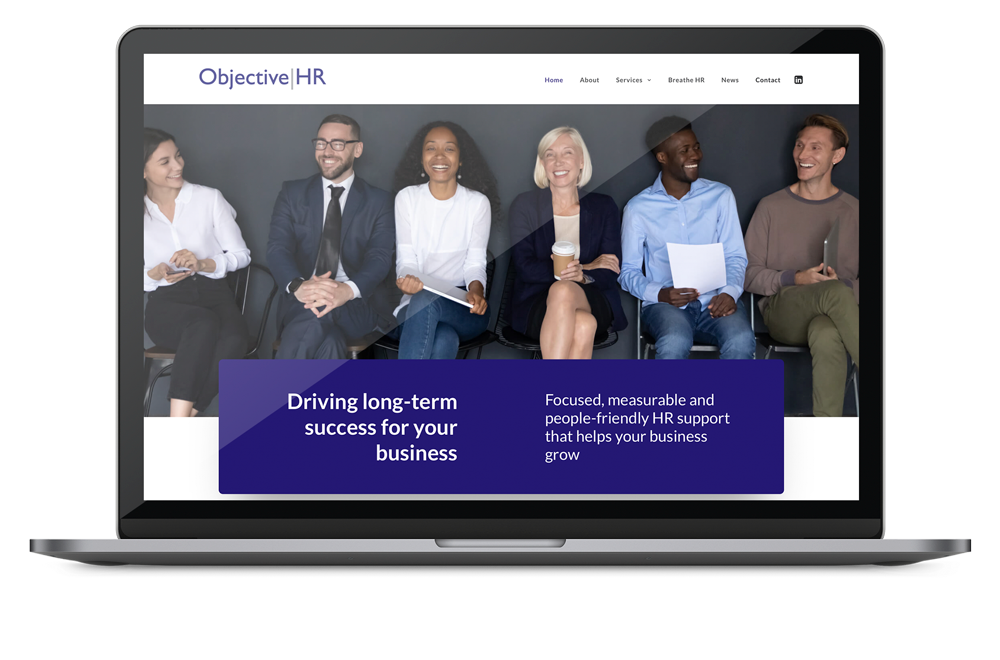Are your children returning to school next week?

It’s been a strange – and challenging – few months for parents. You’ve not just had to manage home-schooling alongside working your everyday job at home; you’ve also had to deal with the ups and downs of children not being able to see their friends, not being able to go to their regular clubs and struggling with exam changes and the well-documented issues with results.
It’s also been a challenge for your children, who may have missed the structure and routine of school and may feel that they are going back in September disadvantaged by so much time off. And when they do go back, the school routine and layout will be different, so there’s lots to get used to.
Is this the new normal?
The state of things as we knew them at the start of the year is clearly not going to return for some time. You may still be furloughed, or you may be working at home. Redundancy and job insecurity are widespread and reports suggest that many people in the UK feel less well-off financially than they did in January.
School closures have meant that is has been difficult for parents to juggle work and child-care, especially where one or both parents – whether living together or not – are still working full-time away from the home as key workers, or as businesses start to return to the office.
So, getting the children back to school might be a relief all round, but you will need to have some contingency plans in place, in case of local lockdowns and school re-closures, in case your own business changes the way it works, or in case someone in your household tests positive for the virus and you have to isolate for a period of time. Things you might want to think about include:
- Dedicated space to work at home: can you provide a dedicated space for your children to work if they need to stay at home? Even if it has to be shared, this will help them to have some space to do any work set for them.
- Childcare options: if schools close as part of a local lockdown, what are your childcare options? Can you speak to your employer about flexible working or going back to work from home if you need to? Can your children’s other parent do the same?
- Playing by the rules: lockdown easing means that we are coming into contact with many more people. So it’s important to observe rules for wearing face masks, hand sanitising, social distancing and gatherings to help reduce the risk of infection. You should also make sure that you know what rules the schools are implementing so that you can keep you and your family as safe as possible.
Now is a great time to speak to your employer about how you might manage a range of potential circumstances as we go into autumn and winter. And if you’re an employer, make sure you have spoken individually to all of your employees, and have a risk assessment and clear plan in place to help keep your business running whilst also taking your employees’ caring responsibilities into account.
For help and advice with returning to work, managing changes to employee contracts or drawing up new policies to deal with the current situation, contact us today.
Our new website is live!
We’re very proud to see our new website go live today. It’s been a few months in the making, and it showcases all the services we offer to clients, including:
- HR consultancy services
- Screening and referencing
- Recruitment
- Learning and development
We’ve added some great resources, and our most recent blogs are there too. We’ll be adding regular content to help employers, employees, candidates, recruitment managers and HR professionals to keep up-to-date and make sure they are following the latest best practice.
“We wanted to have a much newer and clearer site that outlines the four pillars of our business and to share some of the template information with clients and visitors,” says MD Lisa Collins. “Our business has established a reputation for professionalism and excellence and we needed to update our website to reflect that. We’re really looking forward to continuing to help our customers with all their HR needs, and to meeting new clients who will benefit from our range of services.”

A guide to making your business Covid secure
There’s been a lot of talk recently about returning to office-based workplaces – the government has advised that employees can still work from home if they are able, but can return as long as workplaces are Covid-safe.
But what does ‘Covid-safe’ mean to your business? It’s about more than ensuring safe distancing and clean environments. Employers will need to make sure that their admin and HR policies are up-to-date and reflect the new working conditions we find ourselves in.
The government has produced a range of guidance for employers, and this guidance is frequently updated, so we are recommending that our clients check the government website regularly to ensure they are taking the latest advice. You can find the current guidance here: https://www.gov.uk/guidance/working-safely-during-coronavirus-covid-19
We’ve highlighted the guidance that we think is most valuable for employers at the moment:
A risk assessment – employers should conduct a full risk assessment of the workplace. This includes office spaces and call centres, and if your business also operates a production area, delivery vehicles or retail premises, a separate risk assessment should be conducted for each area. Self-employed people and businesses with fewer than five employees don’t need a written risk assessment, but businesses larger than that will need to have a written assessment available.
HR records – make sure that your records are completely up-to-date. This will be essential if you need to manage a track-and-trace operation. You should also be having conversations with each employee about how they feel about returning to work, and what particular circumstances they are dealing with, including childcare and vulnerable care responsibilities. This should be noted on each file so that there is a formal record of the conversations you have had.
Draft a Covid response plan – earlier in the year, businesses had to plan on the go, but now that we are much more aware of what may happen, it’s worth having a plan that sets out how you might deal with a future wave of the virus. This might reflect some of the decisions you took during the first wave, and it should be communicated with and available to your employees. You may also find that job applicants now ask to see a copy of your Covid plan.
Communication – good, clear and transparent communication with your employees is a key part of getting back to work and managing any future issues. Keeping communication lines open, and updating your employees as things change will help them to feel consulted and connected, and therefore more supportive to your plans as people start to return to the office over the next few months.



